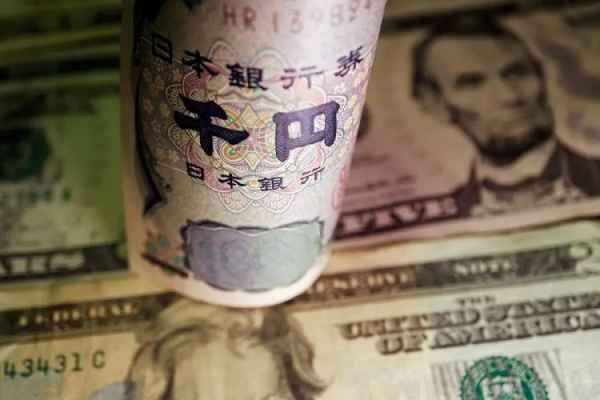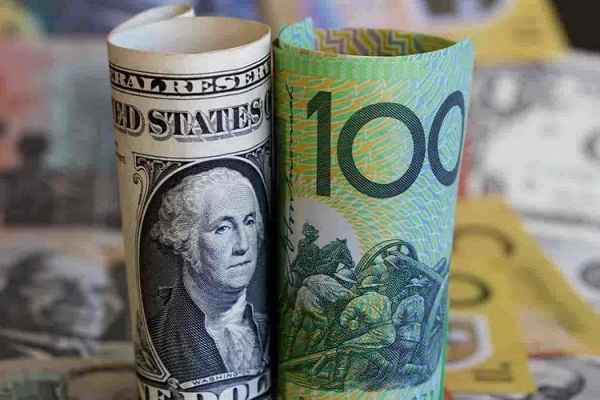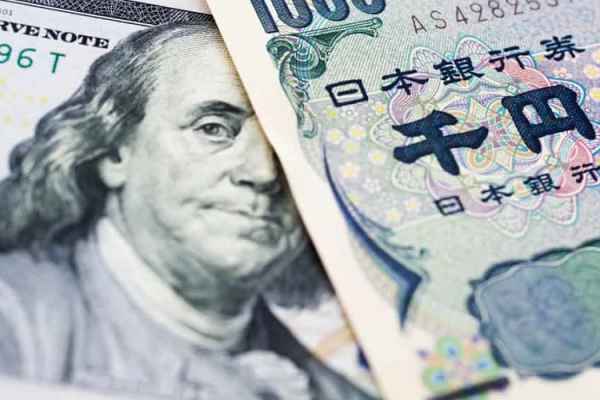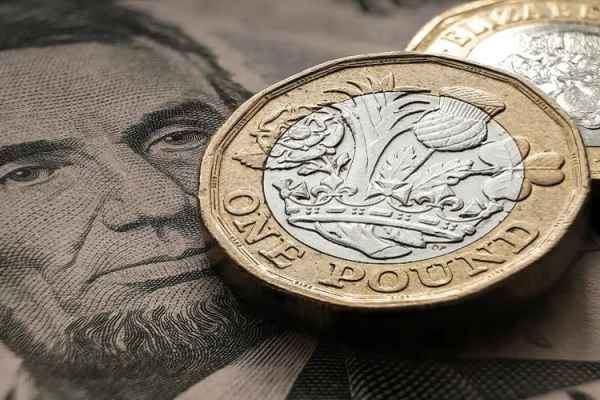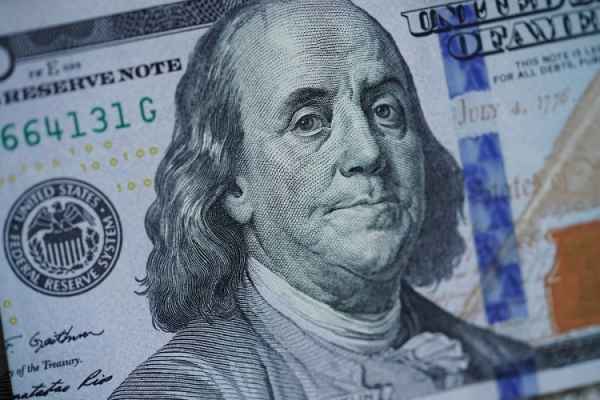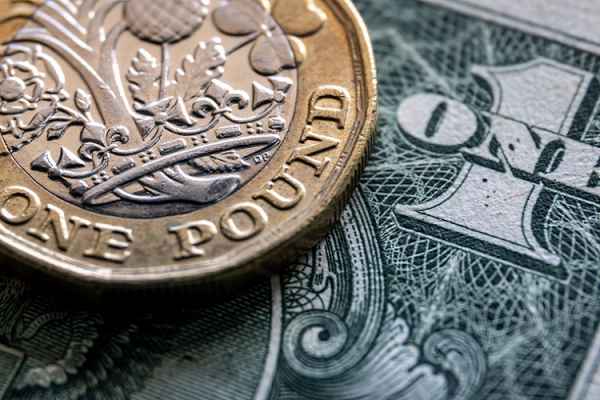ECB officials signaled the need to raise interest rates by 50 basis points a few more times in order to reduce the Eurozone inflation rate.
The euro continues to perform well, supported by expectations of a rate hike at the next European Central Bank (ECB) policy meeting. The EUR/USD was racing towards a nine-month high as the news was written in the middle of the European session on Thursday, January 19/January). EUR/GBP has also rebounded from a one-month record low.
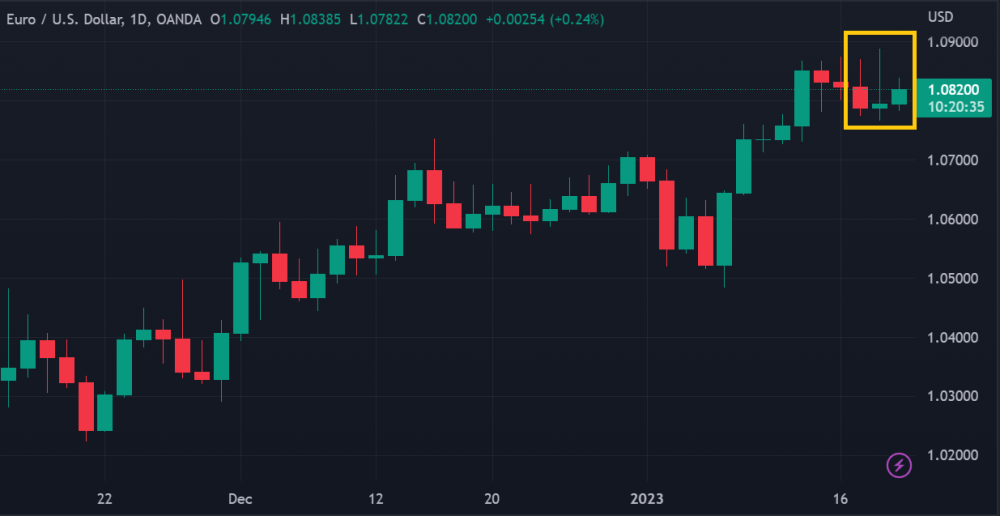
Last December, President Christine Lagarde revealed her intention to raise interest rates by 50 basis points at the next ECB meeting. This intention sparked controversy, so that some market participants doubted its realization. Bloomberg also reported rumors that the ECB may only raise interest rates by 25 basis points in March after raising 50 basis points in February.
Rumors from anonymous sources put pressure on the euro exchange rate at the start of the week. However, ECB officials immediately voiced their denial of the rumors and revived the euro exchange rate.
Klaas Knot, chairman of the Dutch central bank as well as a member of the ECB Board of Governors, said that investors underestimated the ECB's interest rate hike projection. He even emphasized that the ECB may need to raise interest rates by 50 basis points a few more times in order to reduce the inflation rate.
"It's not going to stop after one 50-basis-point hike," Knot said. "We have a lot to work on, and we're going to address it at a steady pace over several 50 basis point hikes."
Another member of the ECB Board of Governors, Francois Villeroy de Galhau, echoed the message on Wednesday: "Let me remind you of the words of President Lagarde in her last press conference in December: We should expect to raise interest rates at a pace of 50 basis points over the term." "Now, those words still apply today."
The EUR/USD rally is also being supported by the depreciating US dollar. The market believes the US Federal Reserve will only raise interest rates by 25 basis points at the next FOMC meeting, while the US economy is showing increasingly clear signs of recession.

 Dedicated FREE FOREX VPS
Dedicated FREE FOREX VPS Free FOREX Virtual Private Server
Free FOREX Virtual Private Server MT4 Demo Contest, Get $500
MT4 Demo Contest, Get $500 Sign Up for an Account, Claim 60% Deposit Bonus
Sign Up for an Account, Claim 60% Deposit Bonus Free MT4/MT5 VPS 2024
Free MT4/MT5 VPS 2024 Send E-mail and Get Free Merchandise
Send E-mail and Get Free Merchandise $1K Refer a Friend Bonus for Pepperstone Pro clients
$1K Refer a Friend Bonus for Pepperstone Pro clients Maximize Your Earnings with 100% Deposit bonus
Maximize Your Earnings with 100% Deposit bonus Trade to Win, $5,000 Monthly Demo Contest
Trade to Win, $5,000 Monthly Demo Contest Claim 30% + 15% Deposit Bonus from LiteFinance
Claim 30% + 15% Deposit Bonus from LiteFinance
